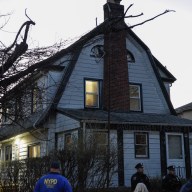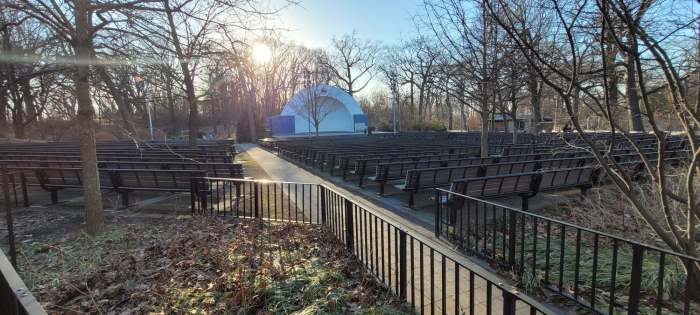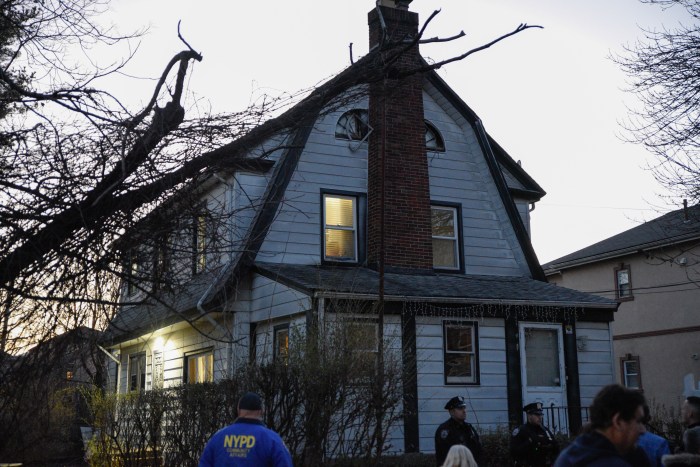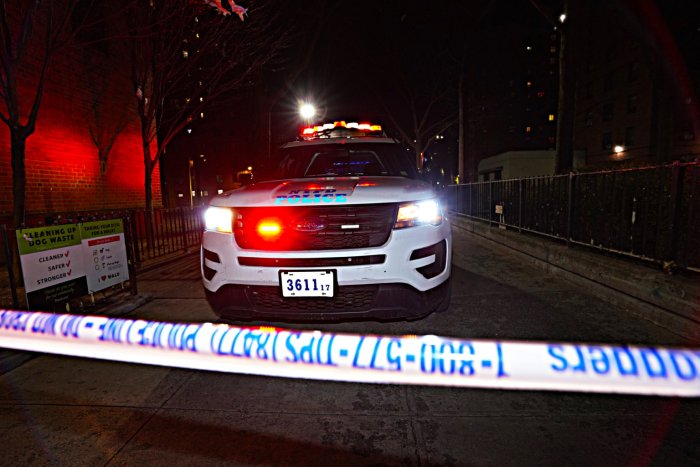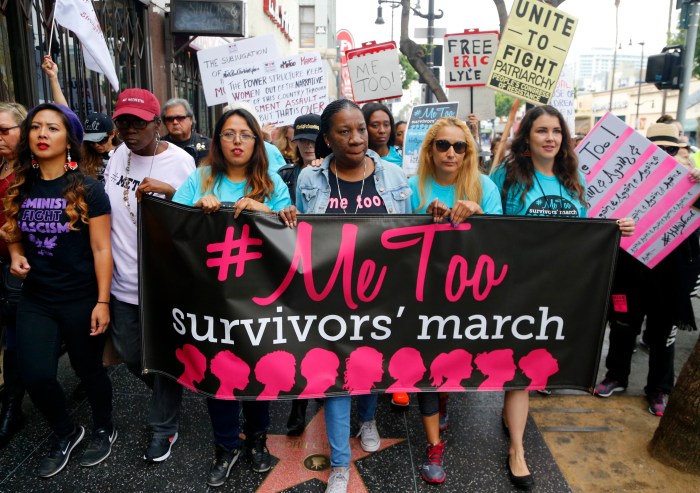For the first time in 10 years, Francisco Cabrera, 49, was able to see his family in his native Ecuador.
But Cabrera, a day laborer, had not travelled back home. Instead, he sat in front of a computer with a webcam as he used Skype on that early Saturday morning in 2009.
“My wife and my kids were very happy to see me,” Cabrera said.
Cabrera learned how to navigate the internet two years ago thanks to computer classes at the Latin American Workers Project, Inc. (LAWP), a non-profit organization in Jackson Heights. Now, he has his own laptop, designs construction plans, uses Skype and other social networking sites often and teaches his friends how to surf the Internet.
“The computer for me is a very important tool,” Cabrera said. “It helps me with my job and to get in contact with my family.”
Oscar Paredes, director of LAWP, said many of his members, who are day laborers, street vendors and Ground Zero clean up workers, use Skype and chatting services like MSN Messenger to communicate with their family back home. Others use the computers to learn to design construction plans, make flyers and order business cards online.
“This is really helping the workers to make a lot of progress,” Paredes said. “It is super important for us to educate our workers about technology.”
Others turn to Internet cafés instead of the libraries because they are undocumented.
“It is a problem when people don’t have IDs, or are not familiar with the library system,” said Valeria Treves, executive director of New Immigrant Community Empowerment (NICE).
Joanne King, associate director of communications for the Queens Library, said libraries would work with people regardless of their legal status as long as they can prove that they live, work, go to school or own property in New York State. Once they have a library card, they can use the computers for up to an hour per day. Every Queens Library also has free unlimited wireless access for those who bring their own equipment.
“We are not looking to have barriers,” King said. “We don’t ask for social security numbers.”
On Monday, September 13, Mayor Michael R. Bloomberg announced New York City received $20 million in federal stimulus awards for two new city programs, NYC Connected Communities and NYC Connected Foundations, which would help to bridge the digital divide for low-income New Yorkers. These programs will begin over the coming months and the funding is slated to be spent over a three-year period.
Paredes said digital literacy is important in personal advancement and it is key for professional development. That’s why he said the organization applied for a grant with Microsoft to hopefully get a few laptops.
“If we got that it would be great,” Paredes said. “That way we would be able to give more people access to the Internet.”
For more information about the Latin American Workers Project, Inc., call 718-779-2553 or visit www.lptla.org.
This article was written as part of New York Community Media Alliance’s Ethnic Media Fellowship on Communications Policy and Practice Fall 2010.








